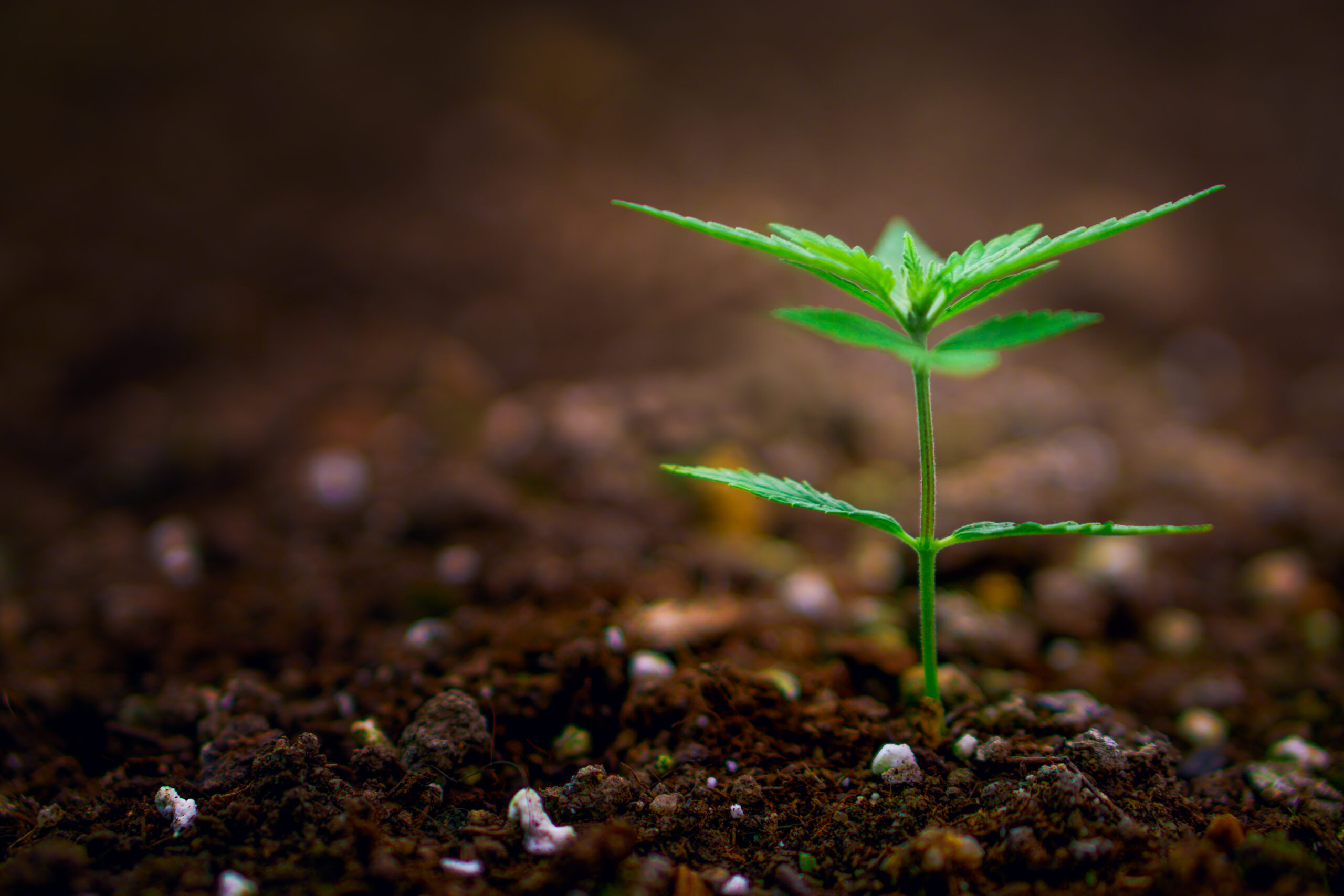Connect with us
Published
9 months agoon

Nearly a year after Florida’s Department of Health issued a written notice of intent to approve the license of the state’s first Black medical cannabis cultivator, and almost two years after the conflict first arose, two Black farmers were finally granted their licenses earlier this month.
Following a long dispute over cultivation, processing and sales permits, two Floridian Black farmers—Terry Donnell Gwinn of Suwannee County and Shedrick McGriff of Bascom—were finally issued medical cannabis licenses on July 11, according to The News Service of Florida.
Both farmers also reportedly had to submit a required $5 million bond to begin operating.
In June, Gov. Ron DeSantis (R) signed legislation, House Bill 387, to issue the medical cannabis cultivation licenses to Gwinn and McGriff. Gwinn and McGriff also both received letters to announce that their licenses had been rewarded, referencing the newly passed measure.
The conflict dates back to October 2021, when Florida received 12 applications for Black farmers to grow medical cannabis. Gwinn was the only one to receive a license, but it was never finalized due to legal and administrative challenges.
Following the initial launch of Florida’s medical program, none of the initial dispensaries were minority owned. After Gwinn received the first license, the other 11 applicants were denied and sued the state for discrimination.
The writing was on the wall back in 2015, when Florida awarded its first cannabis licenses and was met with criticism, specifically that the process was discriminatory and favored white farmers. In 2017, regulators passed a law to award new licenses; it called for at least 22 more licenses, including Gwinn’s, to account for the state’s increasing patients. The law also included a provision requiring health officials to issue a license to a Black farmer, so long as they had done business in Florida for at least five years.
Arguably, the first inklings of the issue truly date back to 1981, when farmers largely located in the South launched a class action lawsuit against the U.S. Department of Agriculture, alleging lending and assistance discrimination—often referred to as the Pigford litigation. It was settled for $1.3 billion in 2011.
HB 387 was aimed in part at helping to carry out that 2017 law. Under HB 387, the health department was required to issue licenses to Black farmers whose applications did not have any deficiencies. Of the 12 total applicants from 2022, Gwinn and McGriff were the only two to meet the provision.
Additionally, the law requires the health department to award licenses to applicants with applications deemed to have met “all requirements for licensure” by an administrative law judge. This could potentially act as a saving grace for applicants who were found deficient, giving them a 90-day period to address any problems.
However, it’s still unclear how many additional licenses the law will generate or how many applicants will meet the criteria.
With Gwinn and McGriff on board, Florida now has a total of 24 licensed medical cannabis operators. Both cannabis professionals must seek authorization to begin cultivating cannabis plants within two months.
“Mr. Gwinn is grateful that the long awaited Pigford MMTC (medical marijuana treatment center) license has been awarded, and he and his team look forward to moving forward quickly to begin cultivation, processing and dispensing operations,” said Jim McKee, one of Gwinn’s lawyers. “Upon receipt of cultivation authorization, cultivation will commence in his Alachua County cultivation facility.”
McGriff also expressed his gratitude to state leaders for finally obtaining his medical cannabis cultivation license.
“As a Black farmer, I’ve lived our history with agriculture and felt the weight of the imbalances we’ve shouldered,” he told the News Service. “We’re rolling up our sleeves, preparing meticulously to offer medical cannabis to those patients who need it.”


New Mexico Governor Calls Homeland Security Secretary’s Response to Pot Seizures ‘Inappropriate’


DMT Lab Discovered in Brentwood, California During Robbery Raid


States with Adult-Use Pot Saw Decrease in Alcohol Use, No Increase in Teen Substance Abuse


Research Shows Some Rolling Papers Have High Levels of Heavy Metals


MedMen Files for Bankruptcy


Carmelo Anthony Launches Cannabis Brand
